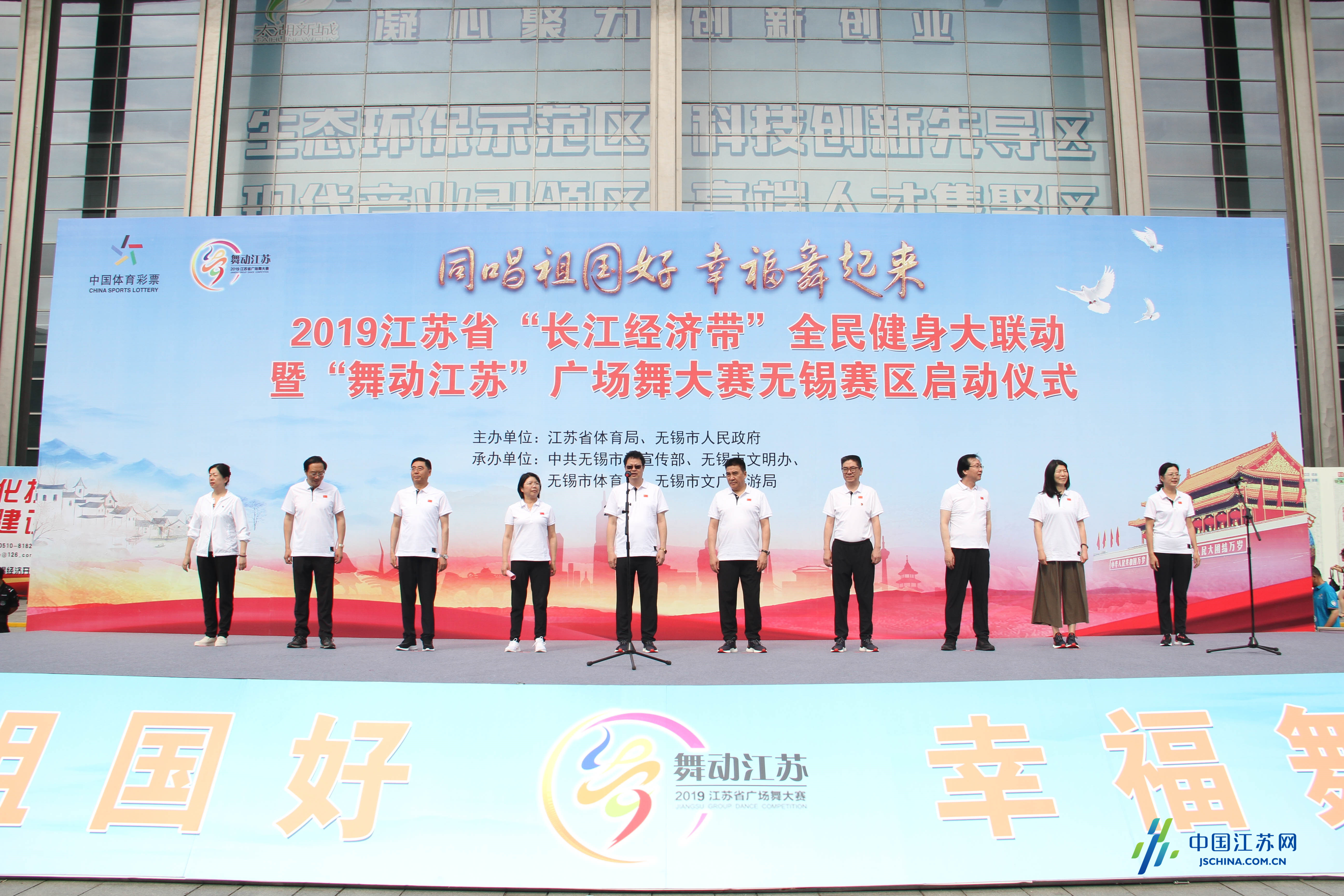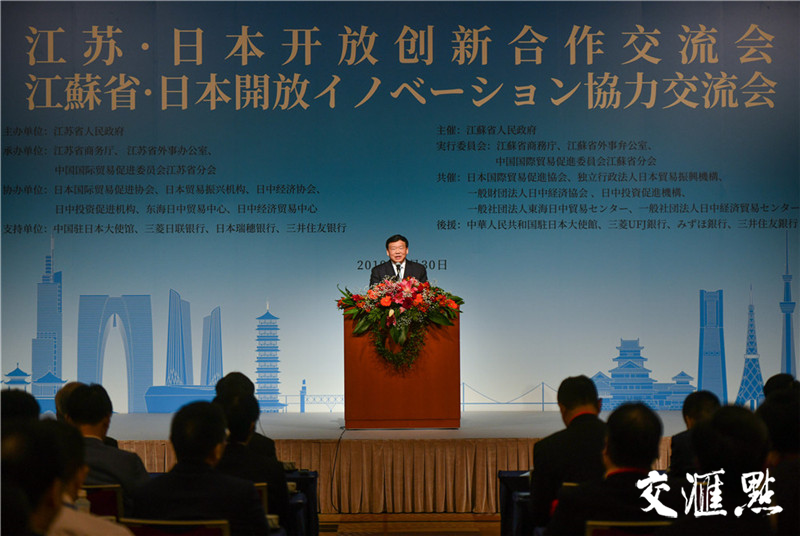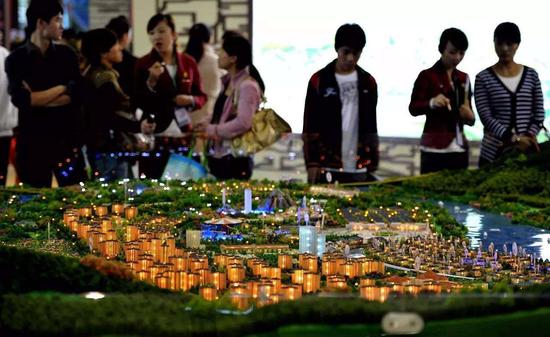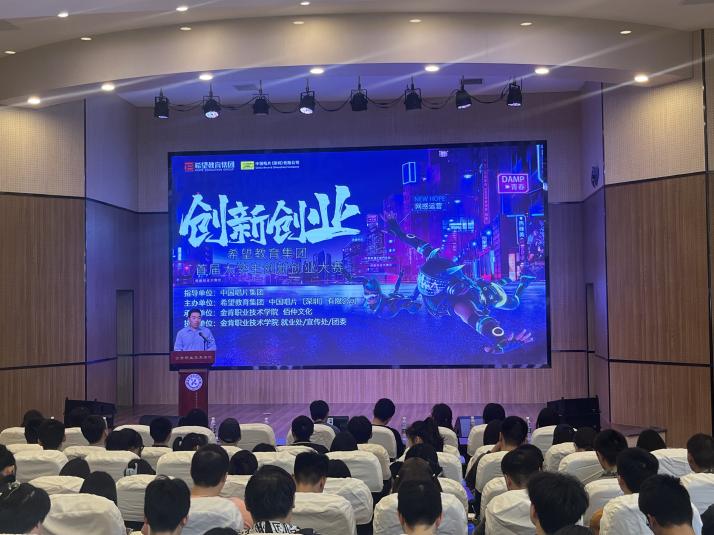The Chinese path to modernization is the modernization of the harmonious coexistence of man and nature. As one of the most economically developed regions in China, the Yangtze River Delta has prioritized the concept of ecological and green development by strengthening the joint protection and governance of the ecological environment, and promoting the improvement of the ecological environment quality.
In the past year, the number of finless porpoises discovered in the Nanjing section of the Yangtze River has increased from over 50 to about 62, while the number of finless porpoises in the Zhenjiang section of the Yangtze River has remained unchanged at around 35. These changes are inseparable from the innovative cooperation between Jiangsu and Anhui in the ecological protection of the Yangtze River.
Ma"anshan City and Chuzhou City in Anhui Province are connected to Nanjing City and Zhenjiang City in Jiangsu Province along the Yangtze River. The number of Yangtze River finless porpoises in this section accounts for one tenth of the total number of Yangtze River basin.
 (资料图片仅供参考)
(资料图片仅供参考)
About five years ago, Jiangsu and Anhui established an inter-provincial ecological protection compensation mechanism for the Yangtze River Basin, and conducted pilot projects in the Chuhe River, a primary tributary of the Yangtze River, in order to further improve water quality and protect this important habitat of the Yangtze River finless porpoise.
Both sides dismantled over 400 breeding farms along the Chuhe River, and also mobilized departments such as water conservancy, public security, and market supervision to carry out inspections and law enforcement.
“We have fully utilized drones and high-definition probes along the banks to achieve data sharing. Once abnormal water quality or man-made damage to the environment is found, we will immediately dispatch agents to handle it on site”, Liu Yongzhong, Nanjing Ecological Environment Comprehensive Administrative Law Enforcement Bureau, Jiangsu Province, said.
Jiangsu and Anhui have also utilized technological means to improve water quality. Just as Jiangsu is building an "ecological security buffer zone", Anhui has also established a wetland ecological restoration project at the Chengnan Sewage Treatment Plant in Quanjiao County, upstream of the Chuhe River to ensure that the tail water is no longer directly discharged into the river, but is uniformly transported to an artificial rapid infiltration tank before flowing into the Chuhe River after high-density sedimentation.
“Since our project was put into operation at the end of December last year, we have processed an average of 30000 tons of water per day, meeting the water quality standard for Class III water”, Feng Xushui, Technical director of wetland ecological restoration engineering in Quanjiao County, said.
Under collaborative governance, the water quality of the Chuhe River has met the Class III assessment requirements for consecutive years. As a result, Jiangsu has fulfilled its promise of 40 million yuan in ecological compensation funds to Anhui.
“All ecological compensation funds are used for the governance of water environment quality in the Chuhe River Basin. It is precisely due to the integration of the Yangtze River Delta that we have better explored and practiced innovative mechanisms to jointly protect the Yangtze River”, Xu Tianyong, Member of the Party Leadership Group of the Ecological Environment Bureau of Chuzhou City, Anhui Province, said.
Shanghai, Jiangsu, Zhejiang and Anhui have broken down regional barriers and explored more ecological co-governance schemes. Last month, Suzhou, Wuxi, and Changzhou of Jiangsu, and Huzhou of Zhejiang set up an implementation alliance of the "Kunmeng Framework" around the Taihu Lake to work together to protect biodiversity around the Taihu Lake.
“From the perspective of water pollution prevention in the past, we have transformed to water resources, water environment and water ecology so as to systematically protect the entire Taihu Lake basin”, Xu Puqing, Chief Engineer of Changzhou Ecological Environment Bureau, Jiangsu Province, said.
“We will jointly carry out policy formulation and technological research on biodiversity to promote the protection of biodiversity”, Yao Yuxin, Deputy Director of the Ecological Environment Bureau of Huzhou City, Zhejiang Province, said.
In the past five years, relying on the Yangtze River Delta Air Quality Prediction and Prediction Center, Jiangsu, Shanghai, Zhejiang and Anhui have effectively achieved online data sharing of urban air quality and key pollution sources. The information sharing platform for comprehensive water environment management in the Taihu Lake basin was launched, facilitating the interconnection of 10 types of information among 87 automatic monitoring stations. The latest data shows that in 41 cities in the Yangtze River Delta region, 83.0% of the days have excellent air quality, an increase of 7.3 percentage points from 2018.

































































































































